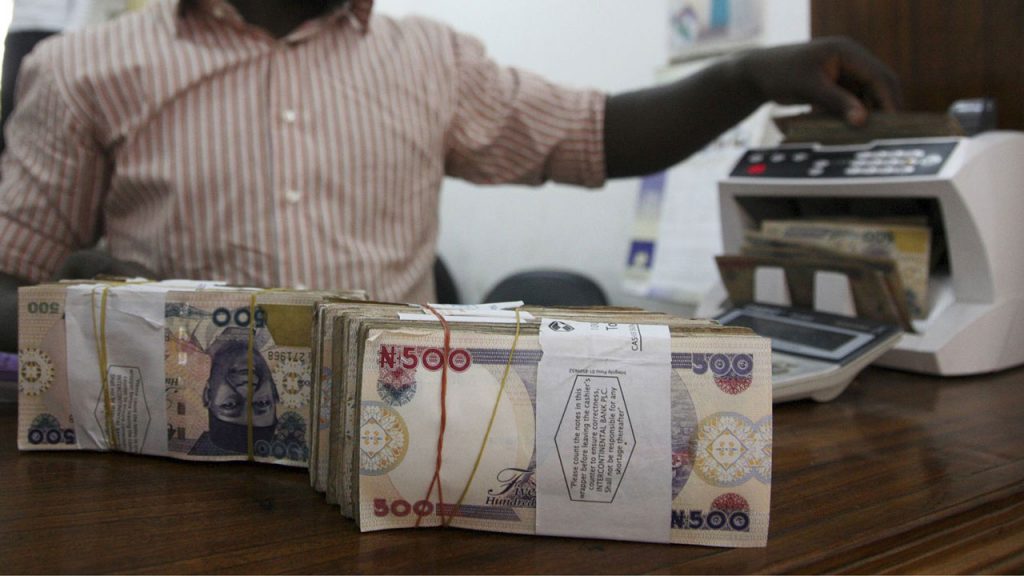CEM REPORT, MARKET | The Nigerian Naira strengthened significantly against the US Dollar on the parallel market, also known as the black market, following the Central Bank of Nigeria’s (CBN) decision to raise its benchmark interest rate.
Interest Rate Immediate Impact: Naira Gains on Parallel Market
In a move aimed at curbing inflation and attracting foreign investment, the CBN hiked the Monetary Policy Rate (MPR) by 400 basis points to 22.75% on Tuesday, February 27th, 2024. This significant increase marked the highest rate since 2011. The immediate impact was felt on the parallel market, where the Naira appreciated by 6.89% against the Dollar, crashing from ₦1,550 to ₦1,450 per dollar on Wednesday, February 28th, 2024.
Official Market Yet to Reflect Changes
However, the official foreign exchange market, known as the Nigerian Autonomous Foreign Exchange Market (NAFEM), painted a different picture. The Naira depreciated slightly by 2.04% on the official market as the Dollar was quoted at ₦1,615.94 on Wednesday compared to ₦1,582.94 on Monday. Experts suggest it may take some time for the official market to reflect the full impact of the interest rate hike.
[READ ALSO] CBN Resumes Sale of Dollars to BDCs
CBN Reforms and BDC Allocation
The CBN’s decision comes amidst ongoing efforts to address distortions in the foreign exchange market, including the activities of speculators. CBN Governor, Yemi Cardoso, while chairing the Monetary Policy Committee (MPC) meeting, highlighted these ongoing reforms, including the unification of the market, promoting transparency, and boosting dollar supply through Bureau De Change (BDC) operators. As of Wednesday, however, BDC operators have not yet received their dollar allocation from the CBN, although approximately 785 BDCs have been approved and will be offered $20,000 weekly at a rate of ₦1,301 per dollar. The BDCs are allowed to sell to end-users at a margin not more than one percent above the purchase rate from CBN.
Cardoso acknowledged the distortions within the foreign exchange market, particularly the activity of speculators who contribute to upward pressure on the exchange rate and inflation. He expressed confidence in the ongoing reforms, including the unification of the market, promotion of transparency, and increased supply of foreign currency.








